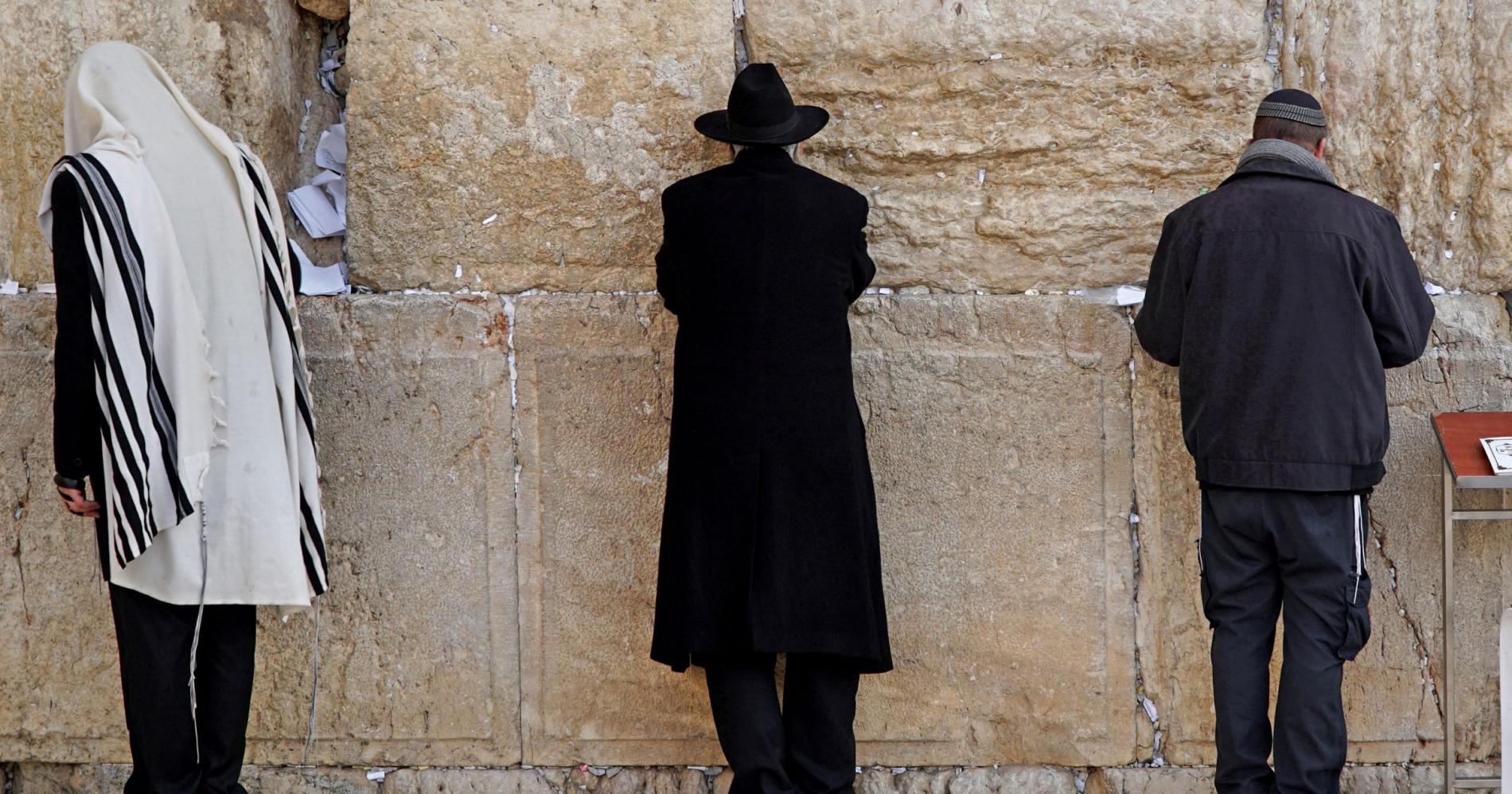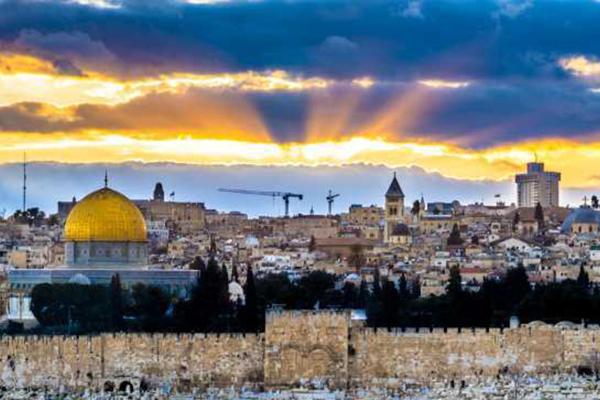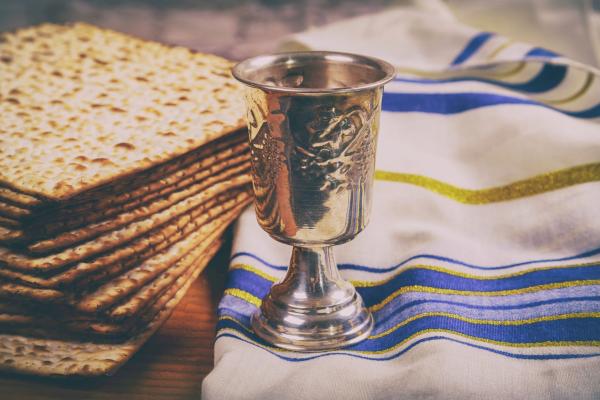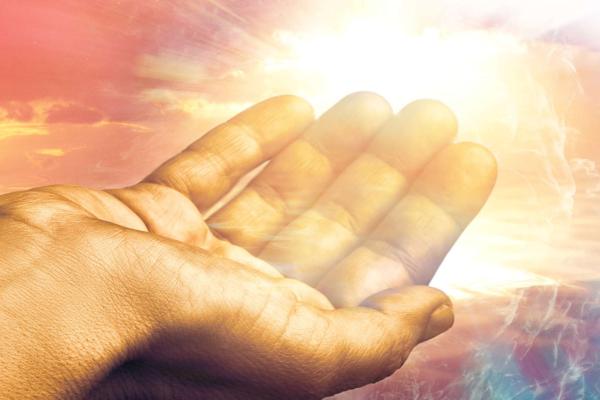There’s no doubt that God places a high priority on our gratitude. The Bible instructs us dozens of times to be thankful.* And studies show that gratitude positively influences our happiness and health. Judaism has a slightly different approach to thanking God. Instead of simply saying “Thank You, God, for __________,” Jewish tradition “blesses” God for His gifts to us.
What Does It Mean to Bless God?
When we hear the word blessing, we recognize that someone is the blesser — the giver of blessings — and someone is the receiver. We pray for and thank God for His blessings on us, or we bless others by giving them gifts to meet their needs. Dictionary definitions of “bless” can be summarized as asking God’s care for, speaking well of and bestowing prosperity on someone. An older usage of the word also included the idea of protection. How, then, do we “bless” God, the Creator of the universe who owns everything and needs nothing (Psalm 50:10–12, Acts 17:24–25)? What does it mean to bless God?**
Psalm 28:6 in the New King James Version says, “Blessed be the Lord because He has heard the voice of my supplications!” The Hebrew word used here is barak, the primitive root of which means “to kneel.” To bless, by implication, means to kneel as an act of adoration before the blessed one. It means to honor. When we bless God, we honor and worship Him.
Jewish Blessings
The Jewish custom of gratitude is to say blessings (berachot), each typically beginning the same way: “Blessed are You, O Lord our God, King of the universe, for….” Berachot fall into three categories — blessings for enjoyment, fulfilling commandments, and various experiences. For instance, the Shehecheyanu Prayer is a blessing said when experiencing something for the first time in the year. “Firsts” include performing Jewish rituals and eating a fruit for the first time that year. Some people also say it when experiencing personal firsts.
Barukah atah Adonai Eloheynu Melech ha’olam
Shehecheyanu v’keyamnu v’higiyanu lazman hazeh
Blessed are You Lord our God, King of the universe
Who has given us life, sustained us and brought us to this moment.
Jewish people also have a blessing to say when experiencing the wonders of nature.
Oseh Ma’ash B’reisheet
Baruch atah Adonai, Eloheinu melech haolam,
oseh ma’ash b’reisheet.
Blessed are You Lord our God, King of the universe
who forms the works of creation.
Judaism has blessings for all kinds of things. There are morning, evening and bedtime blessings; blessings said before and after eating; blessings said when putting on a tallit (a Jewish prayer shawl) and upon receiving good news; and so many more.
A Different Approach to Thankfulness
What’s the difference between thanking and blessing God for a gift He has bestowed on us? Both express gratitude. Both are said with a particular gift in mind. One, however, shifts the focus from the gift and recipient to the Giver. The Jewish tradition of blessing God goes beyond giving thanks for the gift. It extends to worshiping God. Blessing God kneels in adoration before Him for His power, His majesty, sovereignty and benevolent favor to give anything to us. It honors Him as Creator, Sustainer and Giver of All Good Things. The Jewish blessing has a way of reminding us that we don’t merit any of the gifts God gives us, but by His generosity and love, the God of the Universe gives.
The Jewish custom of saying specific blessings for a wide variety of events serves to enlarge our gratitude and increase our worship. Why not consider adding a fresh component to your expressions of gratitude by blessing God? You could start with either one of the blessings included here. Or, you could put them in your own words, blessing and worshipping God as big enough and loving enough to give the gift you see before you. While you’re at it, you can bless Him for what the Jewish blessing tradition adds to our relationships with Him.
* Be-Thankful Verses: Colossians 3:15, Hebrews 12:28, 1 Thessalonians 5:18, Ephesians 5:18–20
** Bless-the-Lord Verses: Deuteronomy 8:10, 1 Chronicles 29:20, Psalm 26:12, Psalm 103:1












